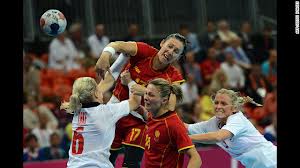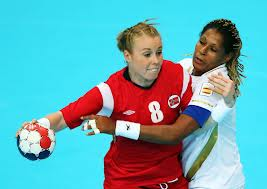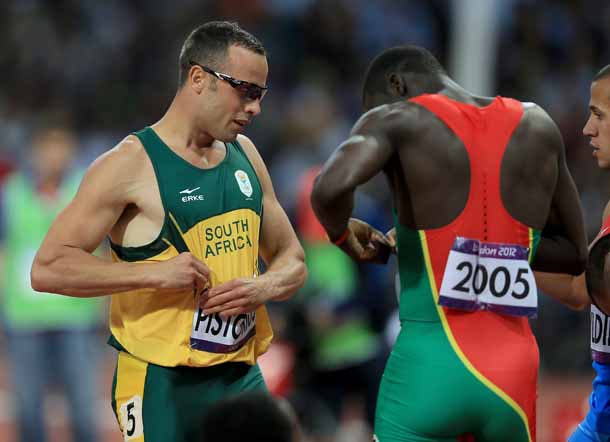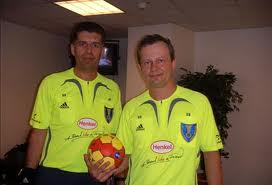In connection with their hosting of the Olympic Games, the British have been very quick and proud to use a lot of media articles to proclaim that they are the ones who ‘invented’ a large proportion of the sports in the Games and a whole lot of other sports as well. The lists vary from source to source, but they often include sports which some other countries have been in the habit of claiming as theirs.
Most people are ready to accept that soccer/football originated in Britain, but the lists generally also tend to include archery, badminton, boxing, field hockey, rowing, sailing, swimming, table tennis, tennis, track & field and water polo. If you disagree, please do not blame me; I am just passing on the consensus of British media! Of course, they also want to take credit for some (currently) non-Olympic sports, such as cricket, croquet, golf, rugby and squash. I think they probably also have the rights to some other strange things such as netball.
But they are quite prepared to accept that, by contrast, other countries deserve the credit for a small number of Olympic events, such as the U.S. inventions of basketball, volleyball and triathlon. Similarly, they are willing to admit that the Germans seem to be the ones who started gymnastics. And in some footnotes there are references to the competing claims for the obscure sport of handball from Denmark and Germany. The British seem quite content not to have anything do with that ‘un-British activity’.
And yes, this confirms what I have always noted, both in conversations with British friends and with people from around the ‘Anglo part’ of various continents: it is really the ‘fault’ of the British that our revered handball has had such a scattered emergence around the globe. In Africa, for instance, it is very clear that North Africa and some francophone countries on the West Coast keep dominating, together with the special case of Angola. By contrast, I remember asking government officials about handball during visits to Kenya and Ghana, former British colonies, and I was met by a blank stare.
The same fate was generally bestowed upon Commonwealth nations in Asia, so this is why handball has always had this awkwardly polarized situation in Asia, with strongholds around the Persian Gulf and in China, Japan, and Korea. India is only recently beginning to participate in handball, but at a very modest level. Similarly, the Australians were, and mainly remain, handball novices when they were hosting the Olympic Games in the year 2000.
Another interesting twist involves the French overseas ‘regions’ of Guadeloupe, Martinique and Reunion, which you could say have amounted to ‘secret weapons’ for France in the international competition, producing world-class talents such as retired stars Richardson and Abati, together with current top players Dinart, Narcisse and Sorhaindo. I bet the British team would not have minded having some reinforcements like that on their team in the London Olympics.
The early starters in PanAmerica were Canada and USA in the north and Mexico and Argentina in Latin America. But this certainly had nothing to do with a British (or Spanish) influence. Migration and contacts related to specific ethnic groups provide more of an explanation. As I noted in one of my recent articles, the lack of immigrants from regions with handball background to this day remains a handicap for handball in the U.S., compared with the steady and natural inflow of newcomers who have grown up with soccer. So when we ponder this reality, let us remember that, essentially, the blame for handball’s difficulties in the U.S. really lies with the British and their lack of appreciation for handball…
As a ‘footnote’, while it has been very nice to see the enthusiasm of British spectators for a sport which has no background in their country, and while the preparations and competitive spirit of the British handball teams were admirable, there are already signs that handball in Britain may not be able to count on a sustained boost in the aftermath of the Olympic Games. Quite surprisingly, it was already reported shortly before the start of the Olympics that the participation of the British women’s team in the upcoming World Championship qualifying had been cancelled. And now we are finding media reports to the effect that the government is already bringing the British handballers down to earth after their Olympic excitement. Much in line with the situation in the U.S., the government has declared that funding will only be provided for sports with genuine chances for an Olympic medal!!!












